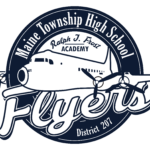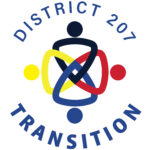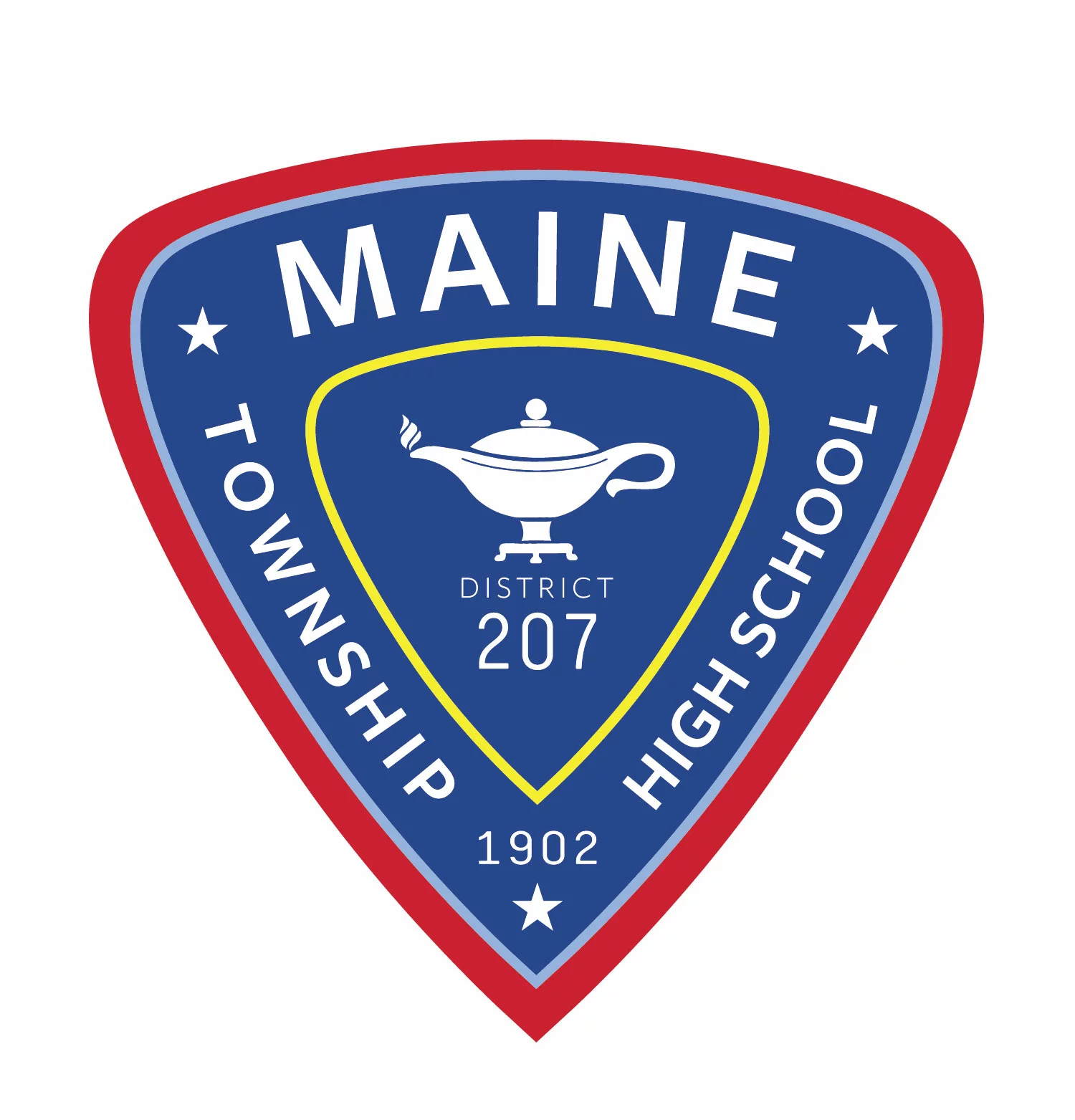General Education Environment
General Education with Supplementary Aids or Services
Support within the general education environment is designed to provide optimal educational experiences in the least restrictive environment for students. Students may require accommodations and/or modifications to assist in the learning process. Supports are provided directly within the classroom setting by a classroom teacher in consultation with a special education case manager and/or directly by a special education teacher, teacher assistant, or related service provider(s).
Special Education in General Education
Co-Teaching (Full Collaboration) | Inclusion Facilitation (Consultation & Coaching) | Teacher Assistant Support (Individual or Class Aide)
Resource (Seminar)
Provides resource support in the following areas for students taking general education or special education courses: study skills, organization, self-advocacy, school work, disability awareness, self-determination, and targeted skill deficit interventions. Beyond the traditional support provided for academic courses including accommodations identified in the IEP, the Seminar teacher will help students address their identified area of need outlined in the IEP. The Seminar teacher utilizes research-based interventions and online resources to improve students’ abilities as identified in their IEP. Seminar teachers assist in monitoring schoolwork completion, executive functioning skills, self-advocacy skills, and mastery of learning targets to ensure students make progress toward their IEP goals. Utilizing a multitude of research-based interventions, specialized teaching methodologies, and other school-based supports gives students an opportunity to improve academic, behavioral/emotional, and/or functional skills.
Special Education Environment
Specialized Instruction
Specialized instructional classes are designed for students who require a more supportive environment. The curriculum is aligned with that of the general education program and is designed to accommodate the individual student’s learning needs in a smaller group setting. Specialized classes are available in all core curricular areas as well as some required elective courses such as consumer education, health, etc. Seminar is another available specialized class that provides students with additional support in the areas of academics, social/emotional needs, and executive functioning needs.
Educational Life Skills
The Educational Life Skills (ELS) Program is designed as an adult-readiness program for identified high school students receiving special education services. This program is focused on attaining and mastering the skills necessary for life beyond high school. The ELS program is supported by best practices used for students with low-incidence disabilities. The curriculum is highly individualized and based specifically on a student’s specific needs and implementation of Individualized Education Plan goals. In addition, the curriculum meets the needs of all students’ abilities in communication, pre-vocational skills, functional living skills, community awareness, recreation and leisure skills, behavioral skills, and academic skills. Students have the ability within this program to earn all of their graduation required classes and is a diploma-seeking program. The focus on an educational approach that teaches our students to be as independent as possible at home, vocationally, at school, and within the community is directly related to functional independence in multiple environments. The primary goal is to ensure students develop independent functioning related to these areas.
 Ralph J. Frost Academy
Ralph J. Frost Academy
All students referred to Ralph J. Frost Academy are eligible under the Individual with Disabilities Education Act and must be a resident of District 207 High Schools – Maine East, South, or West. The goal of Frost Academy is to provide a structured therapeutic educational environment to improve students’ academic, vocational, and social/emotional learning. In addition, Frost Academy enhances the mission of District 207 “To Improve Learning” by incorporating the Illinois State Board of Education Social Emotional Learning Standards (SEL). There is significant evidence that training and gaining expertise in social skills can help individuals overcome problematic behavior. Thus, the primary goal at Frost Academy is to assist the student in developing emotional wellness and social skills that lead to success in educational, vocational, and interpersonal areas of life. Therefore, we strive to strengthen positive social skills and improve social behavior by having the students observe interactions modeled properly, hear it, walk through it, and act it out in various situations. In addition, a structured program with clear predictable guidelines and behavioral requirements is essential for student growth and safety.

District 207 Transition
Transition is an educational community dedicated to transitioning young adults with diverse abilities into adulthood. The program is designed to further the educational opportunities of District 207 students in special education who have completed the requirements for their high school diploma and need assistance transitioning from high school to adult life.
- Promote independence in transitioning to adult living activities.
- Introduce students to vocational experiences and increase independent living skills.
- Provide families and students with resources that support the transition into the community and/or adult services.
While the appropriateness of this program for each potential candidate is considered on an individual basis, the following guidelines are used in the process of determining candidate eligibility:
- The student has met graduation requirements.
- The student demonstrates educational needs in the areas of daily living skills, vocational training, and community development.
- The IEP team has made the decision that the student is prepared to leave the standard curriculum and participate in a program focused on transition.
Upon entry into the transition program, students may remain eligible as documented in the Individualized Education Plan (IEP). An eligible student who requires continued public school educational experience to facilitate his or her successful transition and integration into adult life is eligible for such services through age 21 inclusive, which, for purposes of this Article, means the day before the student’s 22nd birthday, unless his or her 22nd birthday occurs during the school year, in which case he or she is eligible for such services through the end of the school year.
